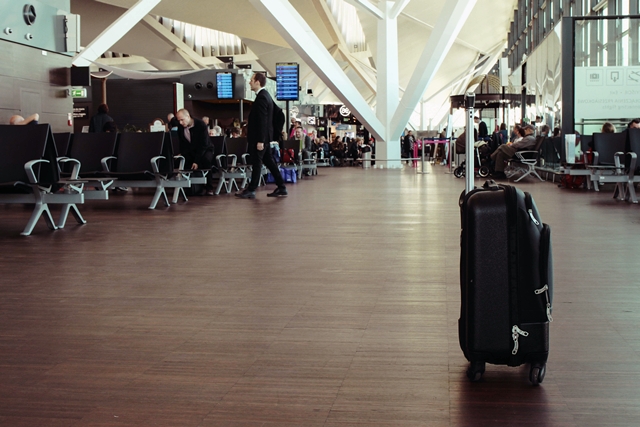– Contributed content –
19 Mar. 2019. Those who have to travel for business regularly will know that the experience can often leave much to be desired. The whole booking process can be stressful and clumsy; reservations can be lost or changed at the very last minute, and let’s not get started on the entire tedious process of expense reporting. From start to end, the whole experience is full of potential pitfalls that can cost significantly in time, money and patience.
Thanks to recent technological innovations, the coming years will see some pivotal changes that will (hopefully) improve business travel. If appropriately implemented we should, theoretically, see a more flexible, personalized and altogether more seamless experience for business travelers.
People are already expecting to be met with personalized information in all areas of life, but especially when it comes to business. When we look online for a restaurant or a chartered flight, such as https://www.aircharterservice.ca/about-us/news-features/blog/how-much-does-it-cost-to-charter-a-private-jet-in-canada, for example, the results will be tailored according to many factors – the date, time, location and the purchase history of the user. Further developments in technology mean that shortly, this level of customization will be applied to all areas of the travel industry.
On such advancement, for example, is in the identity process. Carrying a passport around can be a logistical nightmare for regular travelers, who may fear misplacing it and being stuck in a different country until they can sort it out. Blockchain technology may take over the need for passports in the future and be used for identity purposes. It could also allow faster check-in for hotels, hire cars, ticket reservations and other instances where one has to prove who they are.
Smart technology may also improve the experience of staying in a hotel, which can often be stark and unwelcoming. Already, hotels are adopting various forms of smart technology – allowing guests to order room service using an app, controlling the temperature of the room, managing their entertainment choices and so on. Advancements in technology will only further improve this.
When it comes to reporting expenses, there is nothing more frustrating than carrying around a wallet full of paper receipts, which get creased, lost and if they make it to the right place, have to be filed away. We are beginning to see a shift towards apps where you can scan receipts in or the option of having it emailed to you, but this still involves various documents going to multiple places, which still need collating at some point. We may well see the development of wearable technology which can be scanned at every purchase, and it is automatically sent back to whoever manages the accounts department at your place of work.
While the advancements we have discussed above focus on the traveler’s experience, many of the same technologies will inform and improve the experience from the other side. As artificial intelligence and blockchain technology continues to move forward, the frustrations felt by all parties when it comes to not only business travel, but personal travel, will soon begin to fade away.
* * *


 RSS - Posts
RSS - Posts
You must be logged in to post a comment.